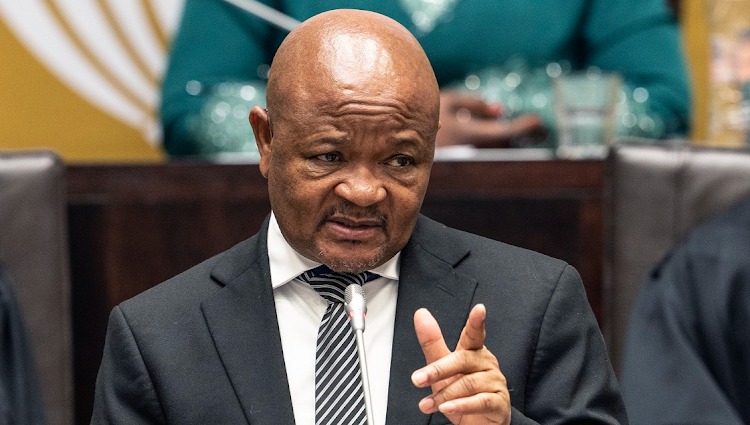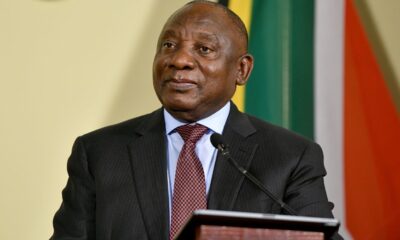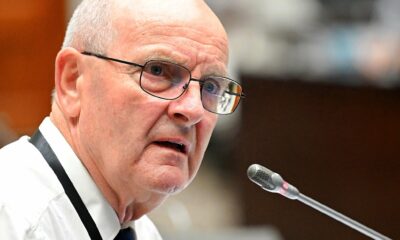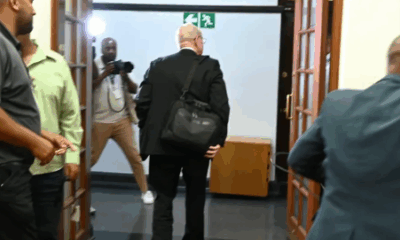Business
Why the SAPS Corruption Commission Matters, And Why Its Delay Worries South Africans

A Commission South Africans Were Waiting For
When President Cyril Ramaphosa signed off on the Madlanga Commission, many South Africans felt a rare flicker of hope. At last, there seemed to be a serious effort to address the deep corruption said to be hollowing out the South African Police Service. Acting Deputy Chief Justice Mbuyiseli Madlanga was appointed to chair it, and 1 September 2025 was meant to mark the start of hearings.
But those expecting answers will have to wait. The commission has now been postponed, with officials blaming delays in setting up the infrastructure needed to run an inquiry of this scale. With a budget of almost R150 million and an expected six-month timeline, every delay chips away at public patience.
Explosive Allegations Sparked the Inquiry
The commission’s very existence is the result of shocking allegations made in July by Lieutenant-General Nhlanhla Mkhwanazi. He claimed that a criminal syndicate had infiltrated the country’s law enforcement and intelligence structures. Even more disturbing were his claims that a minister interfered with an investigation and colluded with business figures to dismantle the Police Killings Task Team in KwaZulu-Natal.
Mkhwanazi went further, alleging that investigations had exposed a network controlled by a drug cartel, with connections to police, correctional services, members of the judiciary, and politicians. These claims rocked the country and pushed Ramaphosa to act.
Political Fallout at the Top
The ripple effect was swift. Police Minister Senzo Mchunu was placed on special leave while the allegations are investigated. Ramaphosa publicly acknowledged that if the claims proved true, they would strike at the very heart of South Africa’s ability to fight crime. His statement hit home: the public cannot trust a police service compromised by criminal ties.
For communities already grappling with daily violence, kidnappings, extortion, and gender-based violence, the thought of a captured police service adds another layer of fear.
Why This Delay Hits Hard
South Africans are no strangers to commissions of inquiry that take years, cost millions, and yield reports that collect dust. The concern now is that delaying the Madlanga Commission risks letting momentum fade just as the country demands answers.
In Johannesburg, where residents already feel stretched between load shedding, rising crime, and water outages, confidence in policing is fragile. The delay feels like yet another blow to accountability. Social media chatter reflects this: many users say they are not surprised, while others fear this may become another inquiry that drags on without consequence.
Looking Ahead
The Madlanga Commission has a weighty mandate. It must not only examine corruption within SAPS but also begin to restore the credibility of law enforcement in South Africa. With R150 million allocated, the public will be watching closely to see if that money leads to genuine reform.
For now, the message is clear. South Africans are tired of delays. They want a police service they can trust and a justice system that can stand firm against criminal networks. Whether the commission can deliver on that promise remains to be seen.
Also read: SARS Turns Its Gaze to South African Influencers: Free Meals, Brand Deals Now Under Tax Spotlight
Follow Joburg ETC on Facebook, Twitter, TikT
For more News in Johannesburg, visit joburgetc.com
Source: Business Tech
Featured Image: BusinessLIVE



























